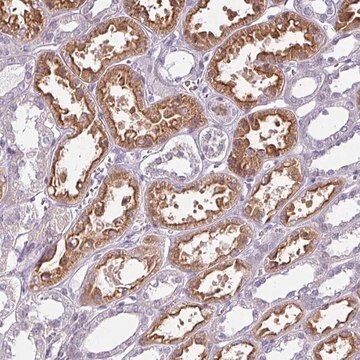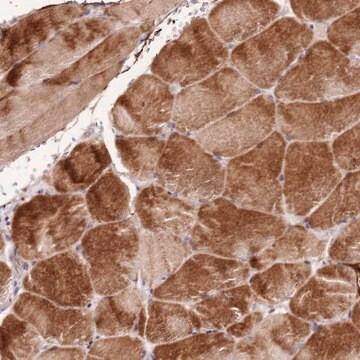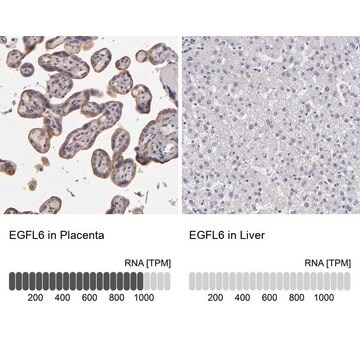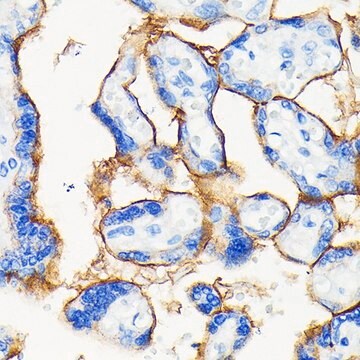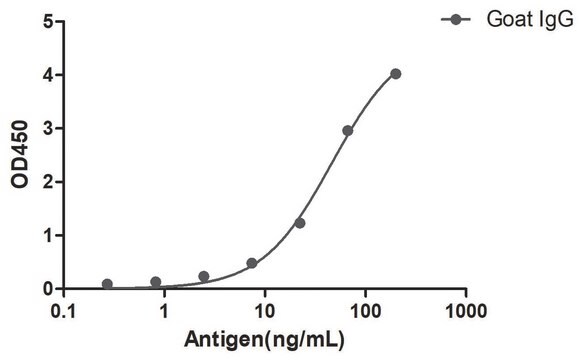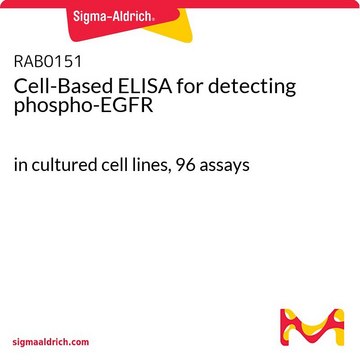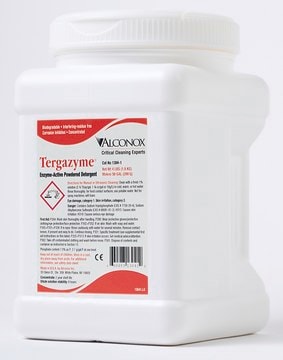MABN453
Anti-CHRDL1 Antibody, clone 10C9.3
clone 10C9.3, from mouse
Sinónimos:
Chordin-like protein 1, Neuralin-1, Neurogenesin-1, Ventroptin
About This Item
WB
western blot: suitable
Productos recomendados
biological source
mouse
Quality Level
antibody form
purified immunoglobulin
antibody product type
primary antibodies
clone
10C9.3, monoclonal
species reactivity
human, rat
technique(s)
immunohistochemistry: suitable
western blot: suitable
isotype
IgG1κ
NCBI accession no.
UniProt accession no.
shipped in
wet ice
target post-translational modification
unmodified
Gene Information
human ... CHRDL1(91851)
General description
Immunogen
Application
Neuroscience
Quality
Western Blotting Analysis: 1.0 µg/mL of this antibody detected CHRDL1 in 200 µg of rat brain tissue lysate.
Target description
Physical form
Storage and Stability
Analysis Note
Western Blotting Analysis: 1.0 µg/mL from a representative lot detected CHRDL1 in 200 µg of human brain tissue lysate.
Immunohistochemistry Analysis: A 1:50-1,000 dilution from a representative lot detected CHRDL1 in human retina, human cerebellum, rat cerebellum, and rat cerebral cortex tissue.
Other Notes
Disclaimer
¿No encuentra el producto adecuado?
Pruebe nuestro Herramienta de selección de productos.
Storage Class
12 - Non Combustible Liquids
wgk_germany
WGK 1
flash_point_f
Not applicable
flash_point_c
Not applicable
Certificados de análisis (COA)
Busque Certificados de análisis (COA) introduciendo el número de lote del producto. Los números de lote se encuentran en la etiqueta del producto después de las palabras «Lot» o «Batch»
¿Ya tiene este producto?
Encuentre la documentación para los productos que ha comprado recientemente en la Biblioteca de documentos.
Nuestro equipo de científicos tiene experiencia en todas las áreas de investigación: Ciencias de la vida, Ciencia de los materiales, Síntesis química, Cromatografía, Analítica y muchas otras.
Póngase en contacto con el Servicio técnico